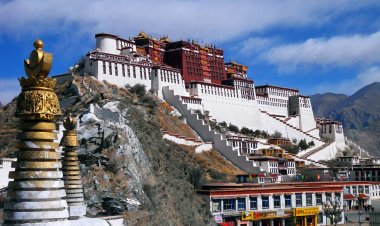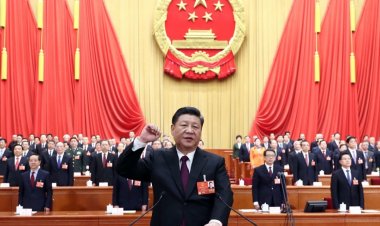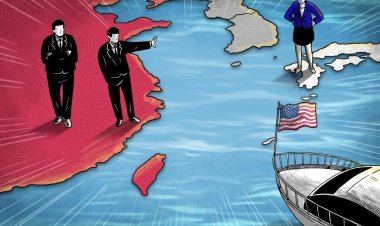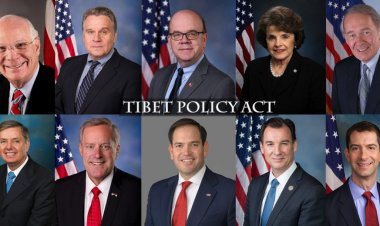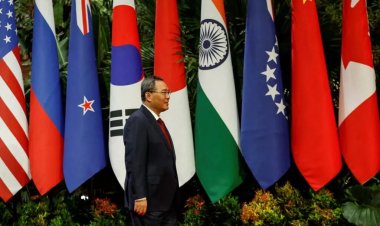Chinese Territorial Ambitions, Taiwan and the narratives on Sovereignty
This is an excerpt of the Book “America’s Two Cold Wars: From Hegemony to Decline?” published by Palgrave Macmillan and authored by Amb. Alfredo Toro Hardy, a retired Venezuelan Diplomat, scholar, and author. The book focuses on ascertaining what distinguishes the Cold War that the U.S. sustained with the USSR from the one now emerging with China. By comparing their characteristics, it elaborates on how well prepared the US is to undertake this fresh challenge.
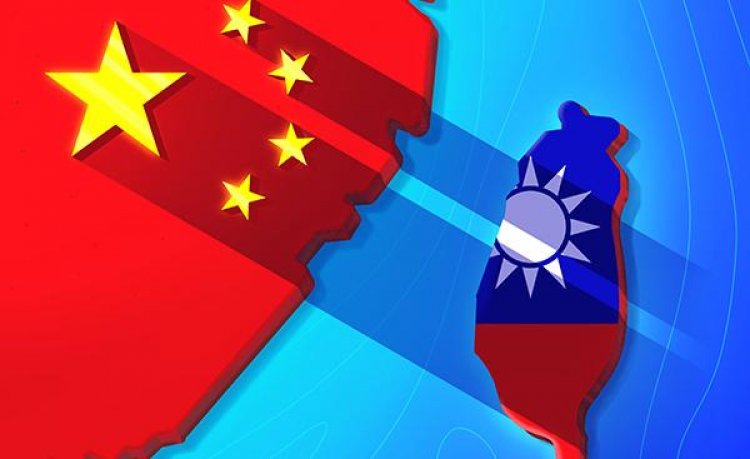
By: Amb Alfredo Toro Hardy
The case of Taiwan is particularly forbidding in relation to a containment policy. For the People’s Republic, reuniting Taiwan with the mainland represents a historical restitution and not an expansion. A restitution susceptible to removing the last vestige of its century of humiliation. For Beijing, what is therein involved are its sovereignty rights over what it considers to be an integral part of its territory. This is supported by a huge nationalistic wave. In tune with that wave, in its June 2021 Tiananmen Square’s address commemorating the centenary of the CCP, Xi Jinping vowed to crush any attempt at obstructing the complete reunification of the mainland with Taiwan. This is consistent with China’s 2015 Defense White Paper, where the unification of the motherland appears as the priority task of the People’s Liberation Army. Beijing and Washington have thus asymmetric interests in relation to Taiwan. The first sees it as a part of its country’s territory and has immanent incentives in seeking unification. For the United States, on the contrary, only reputational interests are involved. Its reason for deterring the People’s Republic’s use of force, indeed, solely rests in the preservation of its international credibility. What is at stake for both superpowers, then, lies at completely different levels. A nation would be ready to fight to its last combatant to preserve its sovereignty and territorial integrity, whereas it would be irrational to do so only to safeguard its reputation (Skylar Mastro, 2021 [1]; Chung, 2021; Ross, 2009, p. 159; Saunders, 2020, p. 184).
To those asymmetrical interests, it must be added that the United States does not contest the One China policy. The 1972 joint communique between Washington and Beijing stated as follows: “The United States acknowledges that all Chinese on either side of the Taiwan Strait maintain there is but one China and that Taiwan is part of China. The United States does not challenge that position”. Since 1972 that has been Washington’s official position. A good example of this was given by Clinton’s “three no’s” policy, expressed during his 1998 visit to China: “We don’t support independence for Taiwan, or ‘two Chinas’ or ‘one Taiwan, one China’ [and] we don’t believe that Taiwan should have a membership in any organization for which statehood is a requirement”. As a matter of fact, until the 1895 seizure of Taiwan by Japan, the island had been Chinese ruled. So clear seemed to have been the Chinese titles upon the island that, upon defeating Japan, Washington did not hesitate in returning Formosa, as it was then known, to Beijing. The fact that the Nationalists and not the Communists were the ruling regime at the time, does not preclude the validity of the Chinese titles then recognized by Washington (Mahbubani, 2020 [2, p. 95]; Skylar Mastro, 2021 [2]; Woodward, 2017 [4, Chapter 7]).
Disclaimer: The book excerpt is the author's individual scholastic contribution and does not necessarily reflect the organization's viewpoint.

